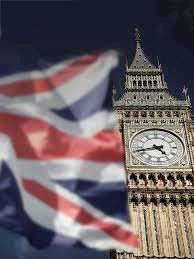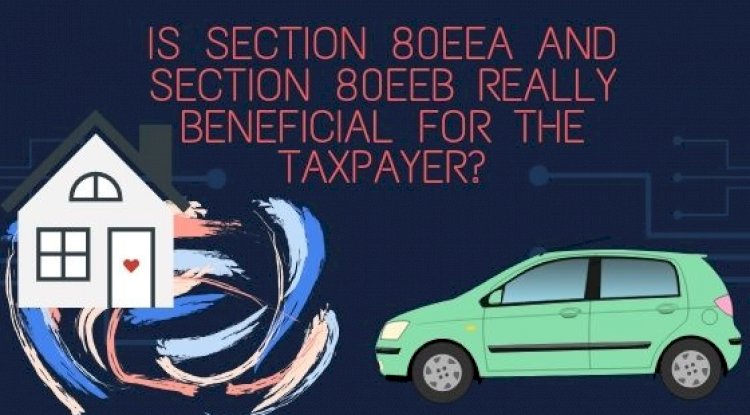Company incorporation in United Kingdom (UK)

Company incorporation in UK.
Step1:-
Before incorporation of company in UK firstly identify the requirement of client to select which type of company, they want to be formed in UK.
There are 8 types of company in the UK
- Public limited company
- Private limited company
- Company limited by guarantee
- Company limited by shares
- Unlimited company
- Community Interest company
- Industrial and Provident Society
- Royal chartered
We would like to guide our client, as per their requirement for formation of company in UK.
- Public Limited Company (PLC):-
- A public company is a corporation whose ownership is open to the public. Everyone can buy shares in the company’s stocks.
- Public limited companies whose shareholder is responsible for the company's financial liabilities to the extent to their investment.
- PLC, before starting of business, it must have allotted share to the total value of at least £50,000.
- A limited company is a corporation where an individual’s financial liability for the company is restricted to the value of their investment.
- Private Limited Company (Limited By Share)
- A private company cannot be owned by any members of the public. It will instead be owned by an NGO (non-government organization) or a relatively small number of shareholders, and the sale of company shares is handled privately.
- An individual is only responsible for the business’s financial liabilities to the extent that they invested in the company.
- Private limited companies are one of the most common types of companies.
- Company Limited By Guarantee
- In this company, the individuals are not responsible for a fixed sum based on their investment, as the status of the company is reserved for companies that don’t have shareholders, like smaller, non-profit organizations.
- Instead of shareholders, these companies have a group of members who act as guarantors and agree to contribute a nominal value towards the winding up of the company, if such event is occurred.
- These companies have to include ‘Limited’ in their names, but exceptions can be made, for example, in the case of companies that are not distributing their profits to its members.
- Unlimited company
- In this company, there is no formal restriction on the amount of money that shareholder have to pay if a company goes to formed liquidation.
- In the event of liquidation, the shareholders are responsible for completely setting the company's outstanding financial liabilities regardless of the extent of their investment in the company.
- Limited Liability Partnership (LLP)
- LLPs are that they are not legally treated as a partnership in the UK, instead, they are treated as incorporated bodies.
- LLP, either some or all of the partners have to limited liabilities, which means they are only responsible for their own misconduct or negligence, rather than being responsible as a collective.
- The partners are allowed to directly manage the business.
- Community Interest Company
- These companies are made to be easy to set up and they run on the basis of any money is not distributed to shareholders, but goes to improving the area around them.
- This company is not driven by the objective of maximizing profits for their shareholders, but with the intention of using their assets and profits for the good of the communities that they belong to.
- Community interest companies will still put profits back into the company, this will be done with the intention of improving the community services that they offer.
- Industrial and Provident Society
- Since 2014 they have been replaced everywhere in the UK, except Northern Ireland.
- Royal Charter
- This company has been created by the Royal Charter, i.e. it has been granted power or a right by the monarch (Ruler, King). There was a time, all companies had to be approved by the Royal Charter, but those days are long gone, and other methods of starting a company have become far more prevalent.
- A notable example of chartered organizations includes the BBC, the Bank of England, and the Royal Opera House.
Step2:-
The following documents are required for incorporation of a company in the UK
- Article of Association
2. Memorandum of Association
3. Statement of Capital
4. Standard industry classification code.
5. Article of Association should consist of written rules about the company as agreed by the director, any shareholder and company secretary.
6. Memorandum of Association is a legal statement for Intent to start a company shall be signed by all shareholders.
Step3:-
Process of incorporation of a company in the UK:-
- Select a business activity.
- Select a unique company name.
- Set up an address in the United Kingdom for the company.
- Register your business with the company house.
- Provide proof of identity for at least one director.
- Provide proof of identity for at least one shareholder.
- Set up your company for Corporation Tax.
Methods and fee
There are methods of Incorporation of Company
1. Electronic Software Filing
2. Web services
3. Paper filing
Electronic Software Filing
In this process, the form of documents of incorporation are files with the help of software.
This process takes 24 Hours to incorporate the company and its cost is £10 is the standard fee.
Web services
In this process, the person incorporates his/her company on the web incorporation portal by singing on the Companies House Online Filing Account.
This process takes 24 Hours normally to incorporate the company and the set-up fee is £12 (or £27 for a CIC). The fee is only payable by card or PayPal. There is no option to pay by the Companies House online filing account, and there is no same-day service.
Paper Filling
In this process, the paper should be sent at the appropriate office and it takes a longer time than the electronic mode. It fee is £20 if
- your company registered office stated Wales ad you file a document in welsh language or
- The company is an unlimited company.
The fee paid payable to Companies House by cheque.it takes normally 5 days if the application sent straightforward.
Documents required for Incorporation
- Application to registration in Form IN01 and the fee
- Memorandum of Association
- Article of Association
- Additional Information if a company includes sensitive word or expression
Form IN01 must have the following name:
- the proposed company name
- where the company is situated - whether the registered office is in England and Wales, Wales, Scotland or Northern Ireland
- the registered office address - this must be in the same country your company is registered in, for example, a company registered in Scotland must have a registered office address in Scotland
- whether the company will be private, public or unlimited
- details of the company’s intended business activities by reference to a standard industrial classification code (SIC)
- choice of articles of association
- details of the proposed director(s), and the secretary if it has one
- details of people having significant control
- directors’ service and residential addresses
- a statement of capital and initial shareholdings or a statement of guarantee
- whether a company limited by guarantee wishes to apply to be exempt from needing to use ‘limited’ or cyfyngedig’ in his name
- if the proposed name contains a sensitive word and a section requiring confirmation that you have requested the views of a government department or other body.
- a statement of compliance or guarantee
Act
http://www.legislation.gov.uk/ukpga/2006/46/contents
What's Your Reaction?





















